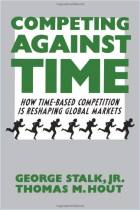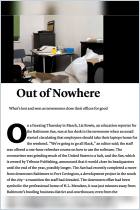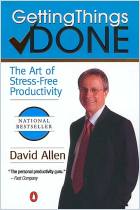
The Third- and Fourth-Tier Cities That You Don’t Care About Are Actually a Trillion-Yuan Market Full of Opportunities
Read or listen offline
Recommendation
China categorizes its cities into tiers based on population, GDP, political administration, and other factors. Beijing, Shanghai, Guangzhou and Shenzhen are first-tier cities; cities like Hangzhou and Chengdu, for example, fall into the second tier. When it comes to consumption and spending power, most marketers primarily consider the bustling metropolises while forgetting the rest of the country. This article by bloggers Cai Wenjuan and Luo Anyang – edited by the research team of venture capital firm FreeS Fund for its own blog Free Thinking – shines a light on the fast-growing economies of third- and fourth-tier cities. The data do seem to support the conclusion that these cities represent significant opportunities, but the article doesn’t fully explain all the correlations and causations it claims exist. Nonetheless, getAbstract recommends this analysis to economists, business strategists and people looking for the next big moneymaker in the Chinese market.
Take-Aways
About the Authors
FreeS Fund is a venture capital firm that provides both early- and growth-stage investment to tech start-ups. Its research team edited an article published by writers Cai Wenjuan and Luo Anyang for subsequent publication on FreeS’s Free Thinking blog.
















Comment on this summary or 开始讨论